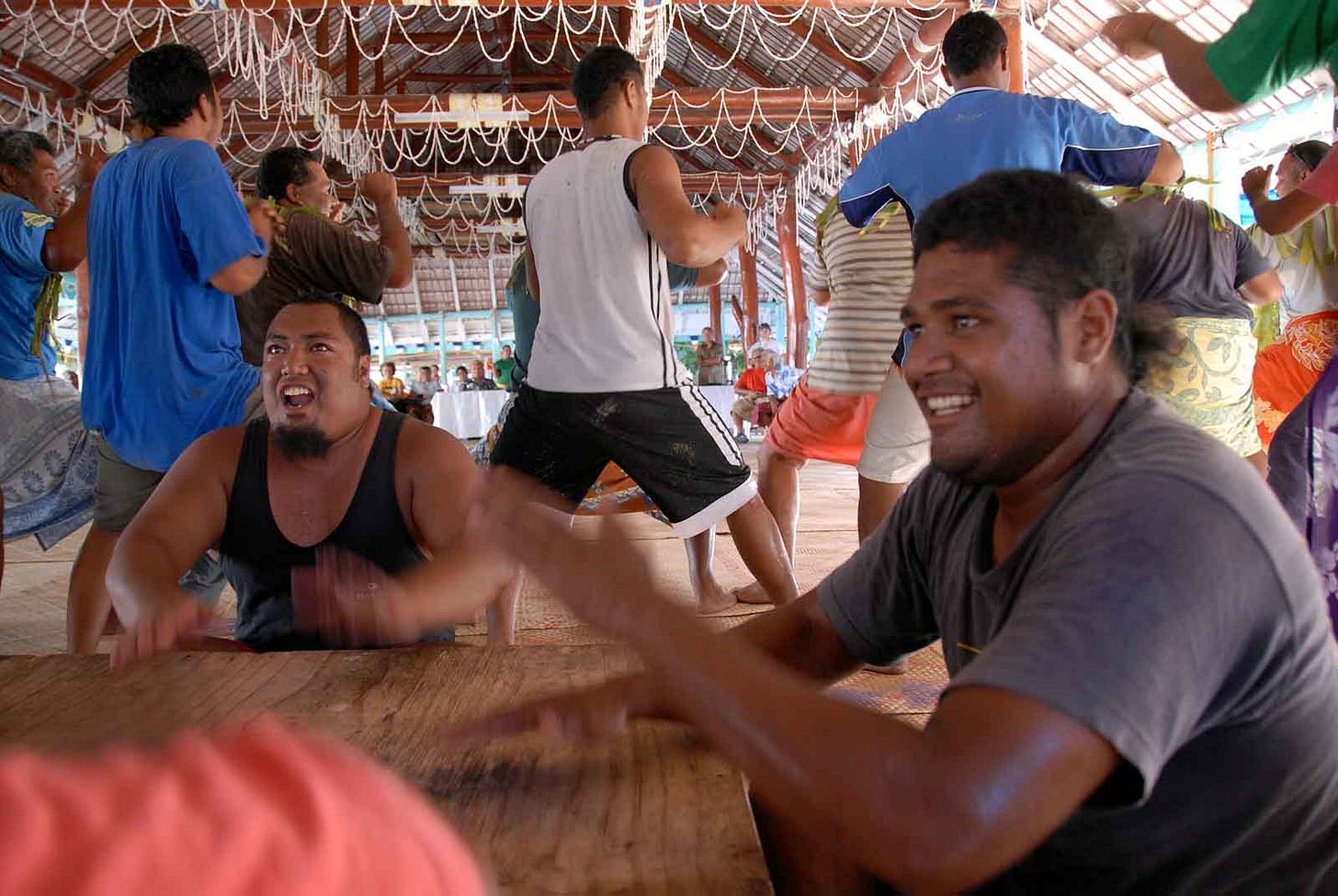Digital colonialism's Polynesian battle
Tokelau unplugs its massive and dubious Dot Tk domain
Tokelau’s days of being the Internet’s dark beast are over, the Aotearoa colony of 1600 people has unplugged its world-leading DotTk domain and is now re-colonised as part of Dot NZ. Long infamous for its free domain name registration system, attracting criminals and scam artists, it made Tokelau and its .Tk the world’s leading ‘country code top level domains’ (ccTLDs). Now Tokelau officials have confirmed they have cut their links with a dubious Dutch company behind it all and deny that secret millions were made on DotTk.
In Times up on Tokelau cyber crime I worked out that Teletok, the Tokelau communications company, had sold the territory’s reputation and morality for NZ$140,000 a year, or $87 a year per person, remains a puzzle. Now more details come from MIT Technology, from the Massachusetts Institute of Technology, in a November article How a tiny Pacific Island became the global capital of cybercrime .
They tell the now familiar story of an early internet entrepreneur from Amsterdam, Joost Zuurbier, who wanted to manage Tokelau’s ccTLD. Teletok’s then general manager, Aukusitino Vitale, told the journal they did not even known about the .tk. Zuurbier said that he would pay Tokelau ‘a certain amount of money and that Tokelau would allow the domain for his use,’ says Vitale. Zuurbier and his company, Freenom, would register a free domain name for a year, in exchange for having advertisements hosted on their websites. Tokelau and its .tk had 25 million, more than any other country’s ccTLD. MIT Technology says nearly all those using .tk were spammers, phishers, and cybercriminals. ‘Now the territory is desperately trying to shake its reputation as the global capital of spam and to finally clean up .tk. Its international standing, and even its sovereignty, may depend on it,’ the journal says.
Tealofi Enosa, who was the head of Teletok for a decade before stepping down in July 2023, said Tokelau didn’t have the money or know-how to run its own domain. That’s how they ended up with Zuurbier who in 2003 got to Tokelau and installed internet routers that he had bought for $50 on eBay. For the first time, thousands of Tokelauans in New Zealand were able to easily connect with home. ‘What was important for Tokelau was that we were getting some money that could help the villages,’ says Vitale.
Keep reading with a 7-day free trial
Subscribe to Former S'Pacific Tides - read top note to keep reading this post and get 7 days of free access to the full post archives.

